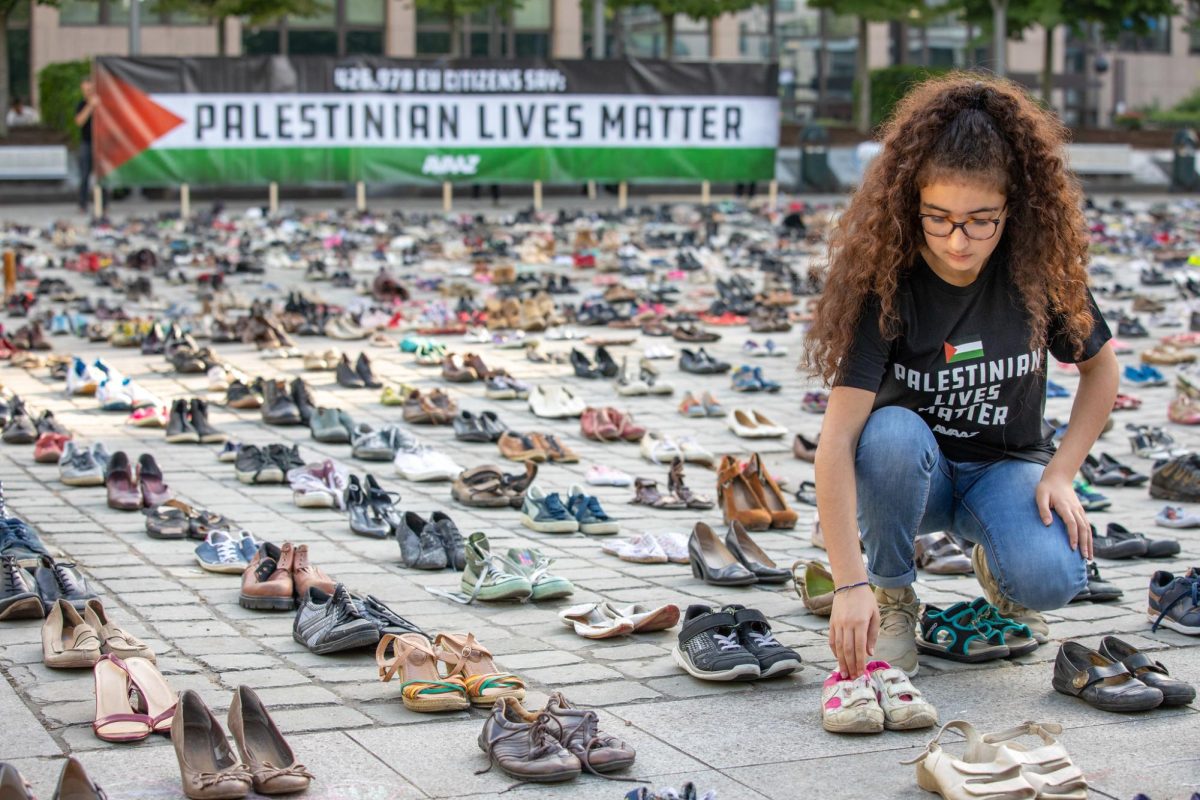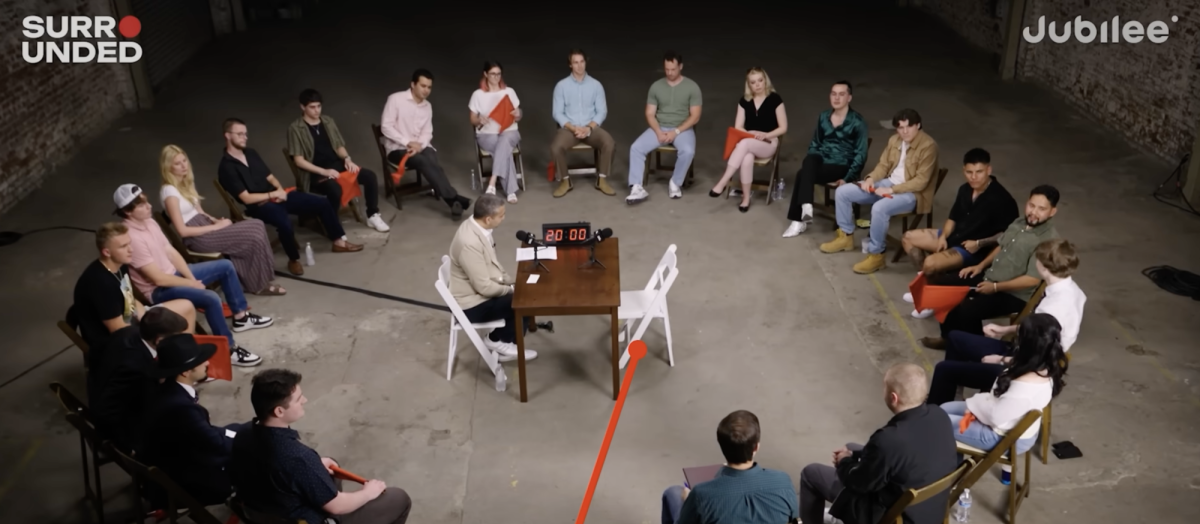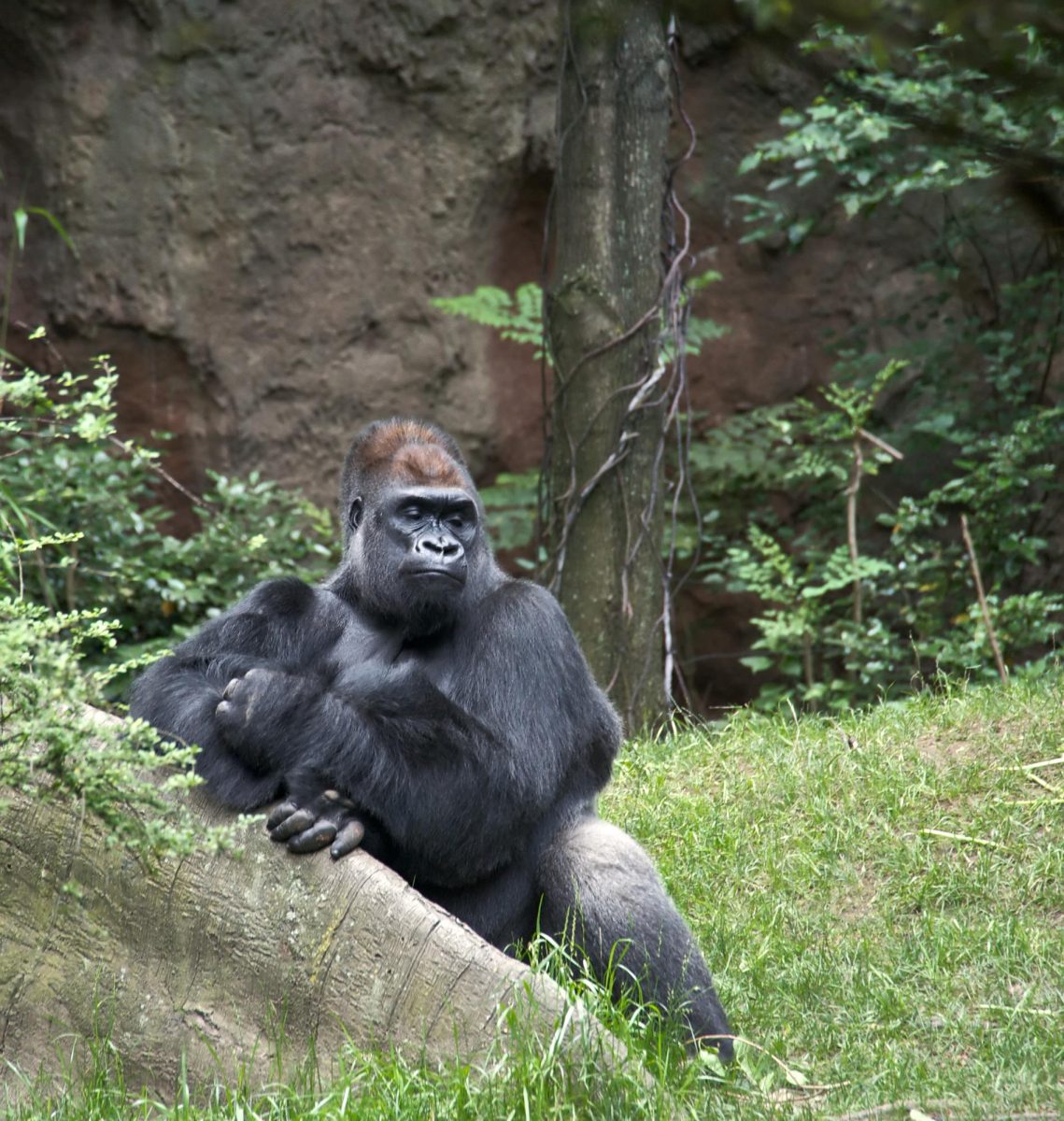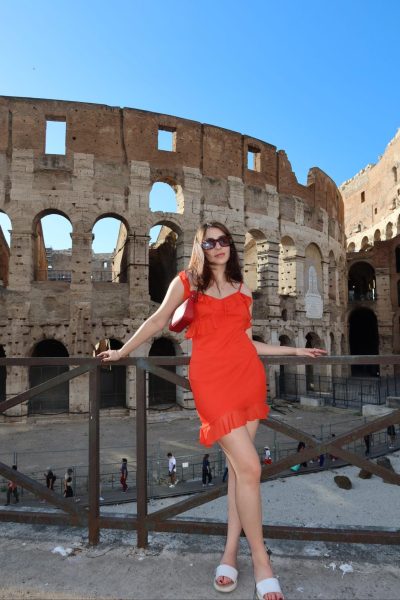I’ve always taken great pride in my Middle Eastern background. I’m really proud of the sense of identity that comes from my Persian heritage. And with good reason—the Middle East is renowned for its amazing cuisine, ancient civilizations and incredibly hospitable people. But instead of being recognized for these qualities, it’s often known for its comfort level with violence. We scroll past images of Middle Eastern children being killed with barely a flicker of emotion. Whether it’s Gaza, Aleppo or Beirut, there seems to be a sense of normalization when it comes to tragedy happening in the Middle East and North Africa. These aren’t just pictures, they’re lives. Yet, far too often, they’re dismissed with a collective shrug and the internalized excuse of “that sort of thing happens there all the time.” Tragedy in the Middle East has become so normalized that it barely registers as news to much of the Western world.
This desensitization isn’t just cultural—it’s linguistic. Take, for instance, how Chicago, a city with crime rates lower than ten others in the U.S., is often nicknamed “Chiraq,” a grotesque mash-up comparing the city’s violence to war-torn Iraq. It’s not just inaccurate, it’s deeply offensive. Iraq, a country that has endured decades of war, sanctions and American imperialism, is casually used as a punchline, a simile to express concern for American cities by invoking the suffering of others. For the hundreds of thousands of innocent Iraqis who perished throughout the years of war and sanctions, the term “Chiraq” is incredibly hurtful. Even the toughest areas of Chicago have never experienced anything approaching this. Compared to even the deadliest major cities (Detroit and New Orleans), the number of innocent deaths in Iraq was orders of magnitude higher. Making that connection is foolish, but it creates a trendy brand name for those who take advantage of other people’s suffering. Our language betrays our bias. When tragedy strikes a Western country, it’s often prefaced with shock and disbelief: “This is a relatively peaceful and civilized nation…this is not Afghanistan.” Statements like these don’t just dehumanize, they also reveal a horrifying truth that empathy in the West is reserved for those who look, act and live like “us.”
It’s not just about words. Our actions (or inactions) reveal a deeper sickness. When Germany experienced flooding that killed over 120 people in 2021, it dominated headlines. That same year, wildfires in Turkey displaced over 10,000 people with significantly less media attention. The landmark Cathedral of Notre Dame in Paris received hundreds of millions of dollars in donations within days of a fire; yet the destruction of Damascus, a UNESCO World Heritage Site and one of the world’s oldest cities, has continued for over a decade with little fanfare or international rallying. It’s heartbreaking to see the region I love reduced to a symbol of conflict, rather than a cradle of civilization.
The West thrives on numbers, charts and statistics, yet those very figures dehumanize life. We lose sight of the fact that every casualty is not a number, but a person with a life, a story and a family. The media, in turn, feeds this indifference. When CBS News foreign correspondent Charlie D’Agata described Ukraine as “relatively civilized,” unlike Iraq or Afghanistan during the early days of the war with Russia, it wasn’t a slip of the tongue. It was a reflection of the underlying belief that violence is a condition natural to nonwhite nations. And he wasn’t alone. Ukrainian officials emphasized the horror of seeing “blue-eyed, blonde-haired” people die. ITV reporters reminded viewers that “this is not a developing, third world nation. This is Europe.” French and British journalists noted how Ukrainians drive “cars like ours” and use Instagram, as if the right to peace is reserved for those who consume Western culture. These statements don’t reflect solidarity. They reflect tribalism, a kind of racism dressed up as empathy.
Meanwhile, Westerners enjoy Middle Eastern culture—vacationing in Morocco, eating luxury chocolate from Dubai, getting nose jobs in Turkey and frequenting hookah lounges without confronting the violence and dehumanization inflicted upon the people of those very nations. This kind of cultural cherry-picking only underscores how deep the void of empathy has become. And make no mistake: the absence of empathy is dangerous. Empathy is what makes us human. Remove it, and we become complicit in horror. If the world had lacked empathy during World War II, imagine what history might have looked like. Why, then, do we refuse to cultivate it now, when it comes to the Middle East?
When infographics about the Beirut explosion gained traction online, many tried to “relate” the devastation by showing what the blast would have looked like if it had hit Paris or New York. While perhaps well-intentioned, this only recenters the narrative on the West, reinforcing the idea that we only care if it could happen here. We pillage villages and bomb cities, then turn them into metaphors for our own suffering. We speak of them with horror when they’re useful, yet ignore their humanity when their pain is inconvenient. And still I ask: what of the millions of Middle Eastern Americans living here in the U.S.? Are they magically exempt from this dehumanization by virtue of nationality? Or does it ultimately come down to race—who gets to be seen as deserving of peace?
It’s time to break this pattern. We must stop treating tragedy in the Middle East as the norm. We must stop using war-torn nations as backdrops for metaphors and soundbites. Language matters. Media matters. And empathy, real, unfiltered empathy, is the only way forward. If we continue to decide whose lives are worth mourning based on geography or skin color, we don’t just lose sight of our shared humanity, we lose our souls.








